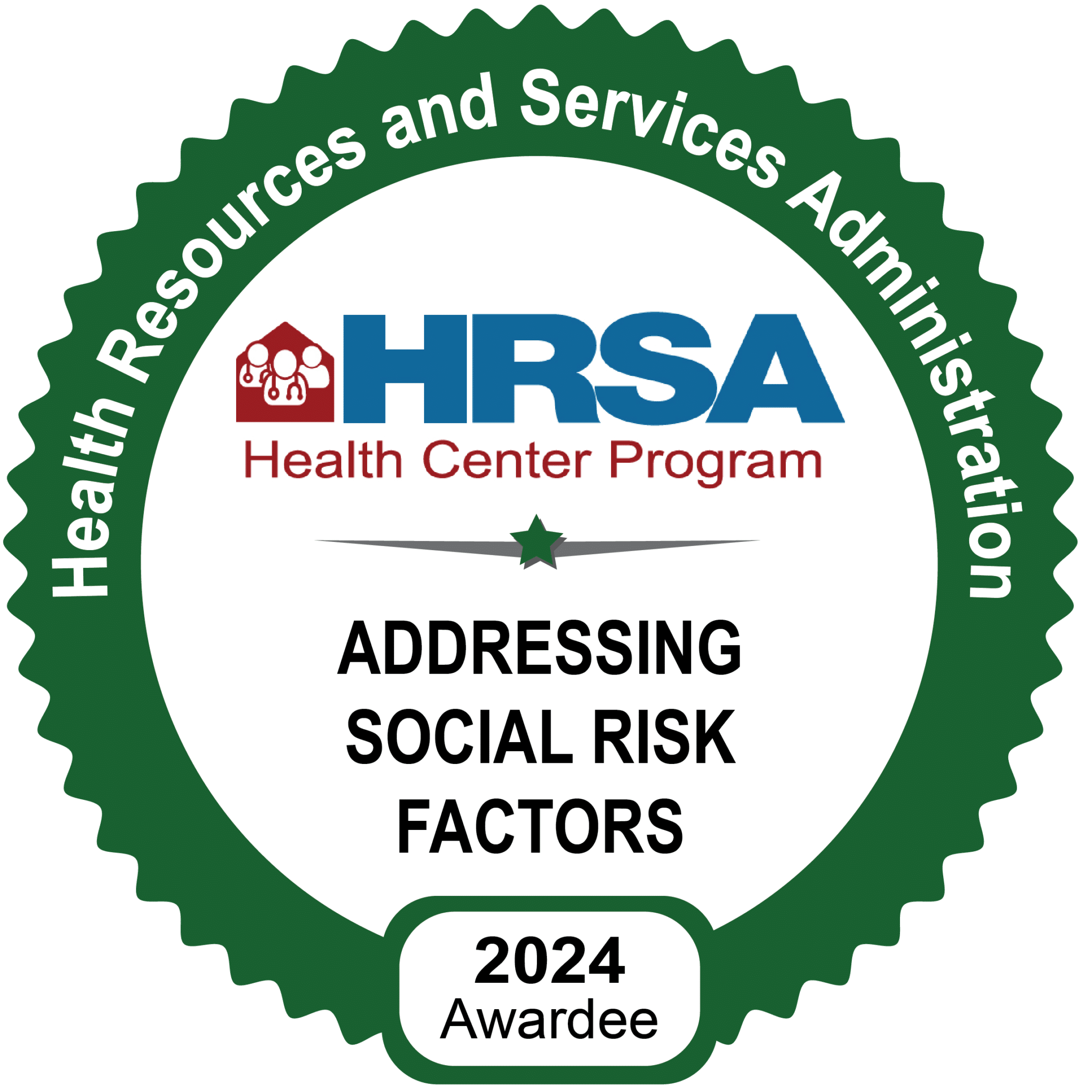THE DOCTOR WILL SEE YOU NOW…
Quite possibly second on the list of “Most Dreaded Doctors to Visit,” a Gynecologist provides women with much more than cringe-worthy pelvic exams. There is no topic that’s off limits during your well-woman visit, which gives women the opportunity to take initiative with their health. Don’t be afraid or embarrassed to discuss any questions or concerns – they’ve heard it all before!
Importance of Annual Exams
- PREVENTATIVE CARE – Your annual OB/GYN visit allows you and your doctor, a women’s health specialist, to discuss your medical history and any questions that you may have about any female issues. In addition to measuring your blood pressure, heart rate, height and weight, your doctor will ask you for the date of your last menstrual cycle and if you experience any abnormal bleeding or cramping, sexual activity and contraception needs, and any history of gynecological issues. During the most dreaded part of the exam – the pelvic exam – your doctor will conduct an examination of your vaginal area, and although it may be uncomfortable, it only lasts a few minutes and allows your doctor to determine if there are any abnormalities as well as collect a sample of your cervical cells to test for cancer.
- BREAST EXAMINATIONS – Although we should all be conducting at-home breast exams monthly, a trained medical professional might feel or see something that we could be missing at home. Quick, easy, and painless, a breast exam allows women to identify any lumps or irregularities in the breast tissue that could be cause for concern. When early detection is key, since 1 in 8 women will develop breast cancer at some point in their lives, regular breast exams are your first line of defense. Once you have reached the age of 40, or if you have a family history of breast cancer, a mammogram will be added to your annual exam to provide a more in-depth view of your breast tissue.
- MENSTRUAL PERIODS – Your period can tell a lot about your overall gynecological health, so you can expect to be asked questions – Does your period come every month? Is the bleeding consistent? How heavy is your flow? Be sure to tell your doctor if you experience breakthrough bleeding between cycles or if you have discomfort, as this could be a sign of fibroids or other issues.
- SEXUAL HEALTH – Once you’ve become sexually active, don’t be ashamed to discuss this with your doctor, regardless of your age. Whether you’re talking about sexually transmitted diseases, pain during intercourse, or birth control options, your GYN is an advocate for women’s health. Also providing preconception counseling, it is important that you talk with your GYN when you are planning to expand your family and your doctor can provide information that can help lead to a successful pregnancy.
It’s Not Just for the Childbearing Years
- MENOPAUSE – As you move out of the fertile years and you start to experience irregularities in your period, the dreaded hot flashes, and hormonal changes, keep in mind, this is not the time to stop visiting your gynecologist. They can provide counseling as you experience these changes as well as continued monitoring for cancer. As you continue to age, your doctor may also add bone density tests to your annual visit, as many of us may experience a drop in calcium levels that can lead to fragile bones.
- INCONTINENCE – As we age, our pelvic floor may experience weakening, leading to issues with incontinence. Your gynecologist can provide you with guidance on minimizing the problem or can refer you to a urologist.
Adapting to your changing needs throughout each stage of life, don’t skip out on your regular visits to your women’s health clinic. Write down any questions or concerns that you’d like to discuss with your doctor so that you don’t forget during the heat of the moment. At Teche Health, our Gynecologist provides you with a lifetime of quality, compassionate care.




